When choosing a dog, it’s essential to consider how well they can adapt to the climate where you live. In India, temperatures can soar, particularly during the summer months, making heat tolerant dog breeds more-suited for the Indian home.
Dogs that aren’t suited to hot weather may suffer from heatstroke, dehydration, and other health issues. Therefore, selecting a breed that can comfortably handle the heat is vital for their health and well-being. In this article, we’ll explore 15 heat-tolerant dog breeds that thrive in the Indian climate, offering you a range of choices for your next furry companion.
Here Are the 15 Heat-Tolerant Dog Breeds You Can Consider Adopting in India
- The Indie Dog
- Mudhol Hound
- Rajapalayam
- Kombai
- Whippet
- Afghan Hound
- Saluki
- Chihuahua
- Rampur Greyhound
- Greyhound
- Australian Cattle Dog
- Mexican Hairless Dog
- Border Collie
- Doberman Pinscher
- Dalmatian
Here’s What You Need to Know about the 15 Heat-Tolerant Dog Breeds Suitable for the Indian Climate
1. The Indie Dog
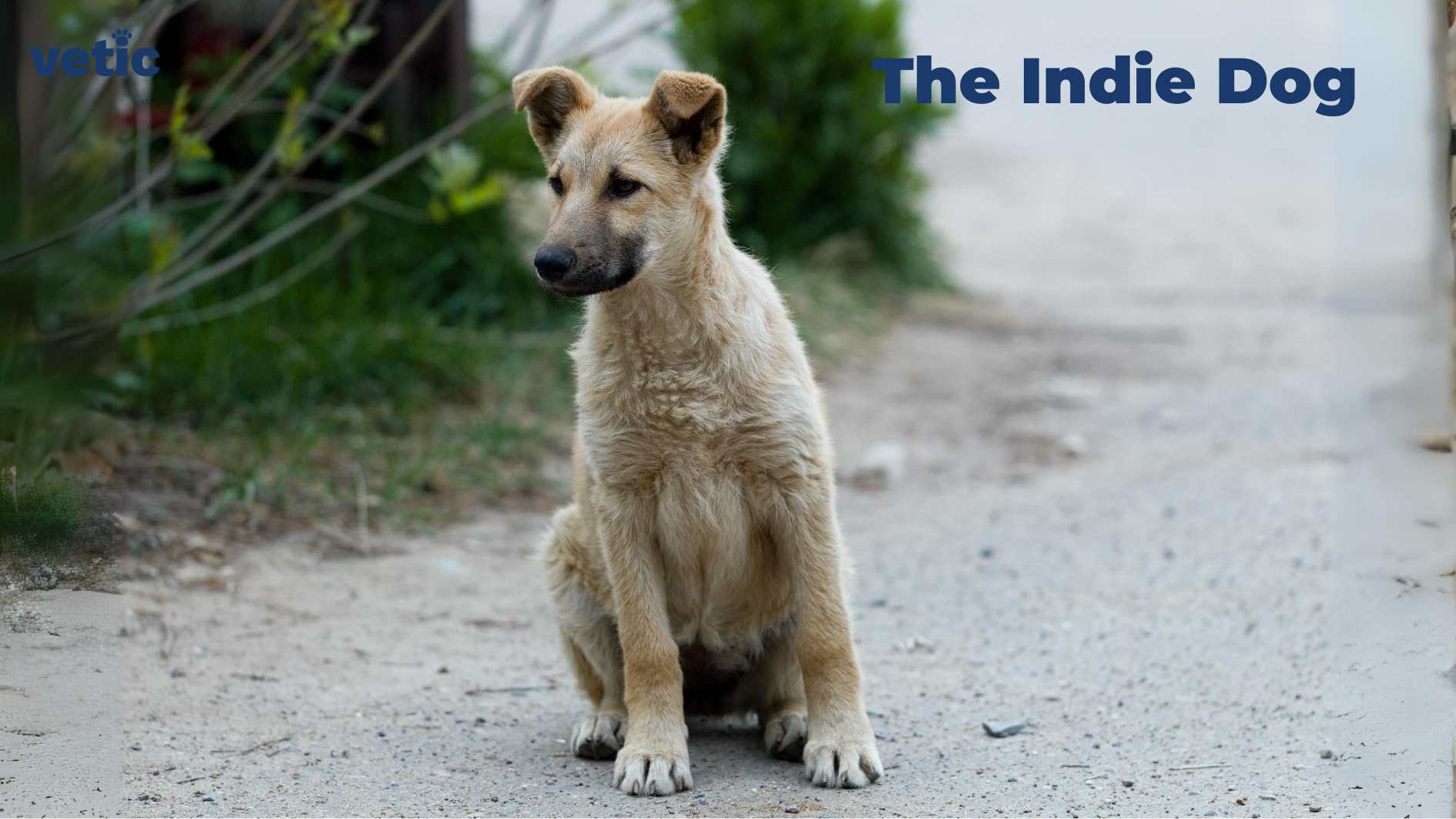
Behavioural Characteristics: Indie dogs, often referred to as Indian pariah dogs, are naturally street-smart, alert, and highly adaptable. These dogs are known for their loyalty and friendly nature, making them excellent family pets.
Health Issues: Indie dogs are incredibly resilient and have fewer health issues compared to many purebred dogs. However, they may be prone to common issues like tick infestations and digestive problems.
Training and Activity Needs: They are intelligent and quick learners, but training should be consistent and gentle. Indie dogs need regular exercise to keep them happy and healthy. Perfectly adapted as a heat-tolerant dog breed for almost all weather conditions.
2. Mudhol Hound
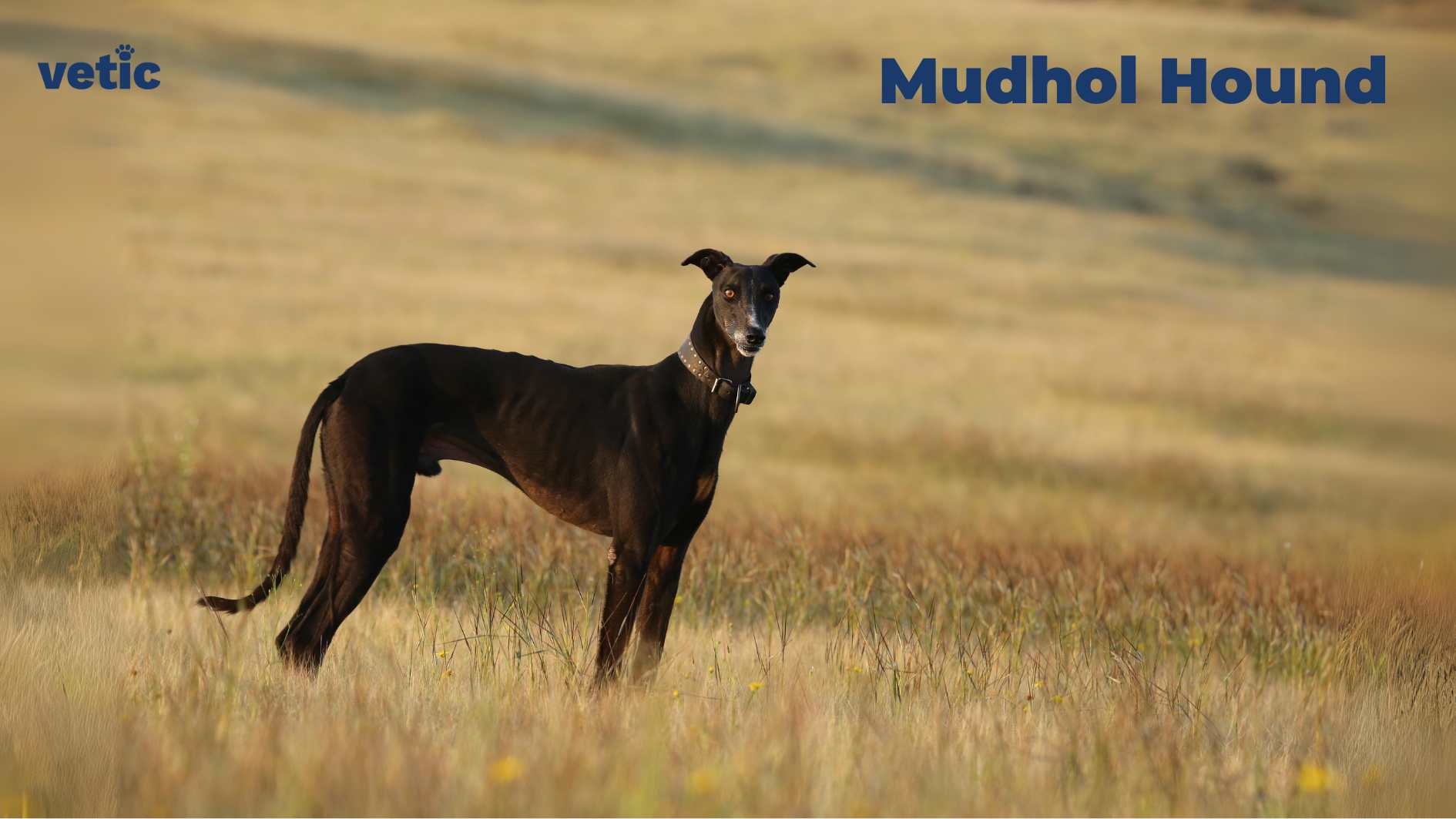
Behavioural Characteristics: The Mudhol Hound is a loyal, courageous, and protective breed. They are known for their keen sense of sight and are often used for hunting in rural India.
Health Issues: Generally healthy, Mudhol Hounds have a robust constitution but can be sensitive to extreme cold weather.
Training and Activity Needs: This breed requires ample exercise due to their high energy levels. They respond well to training but may need a firm and experienced handler.
3. Rajapalayam
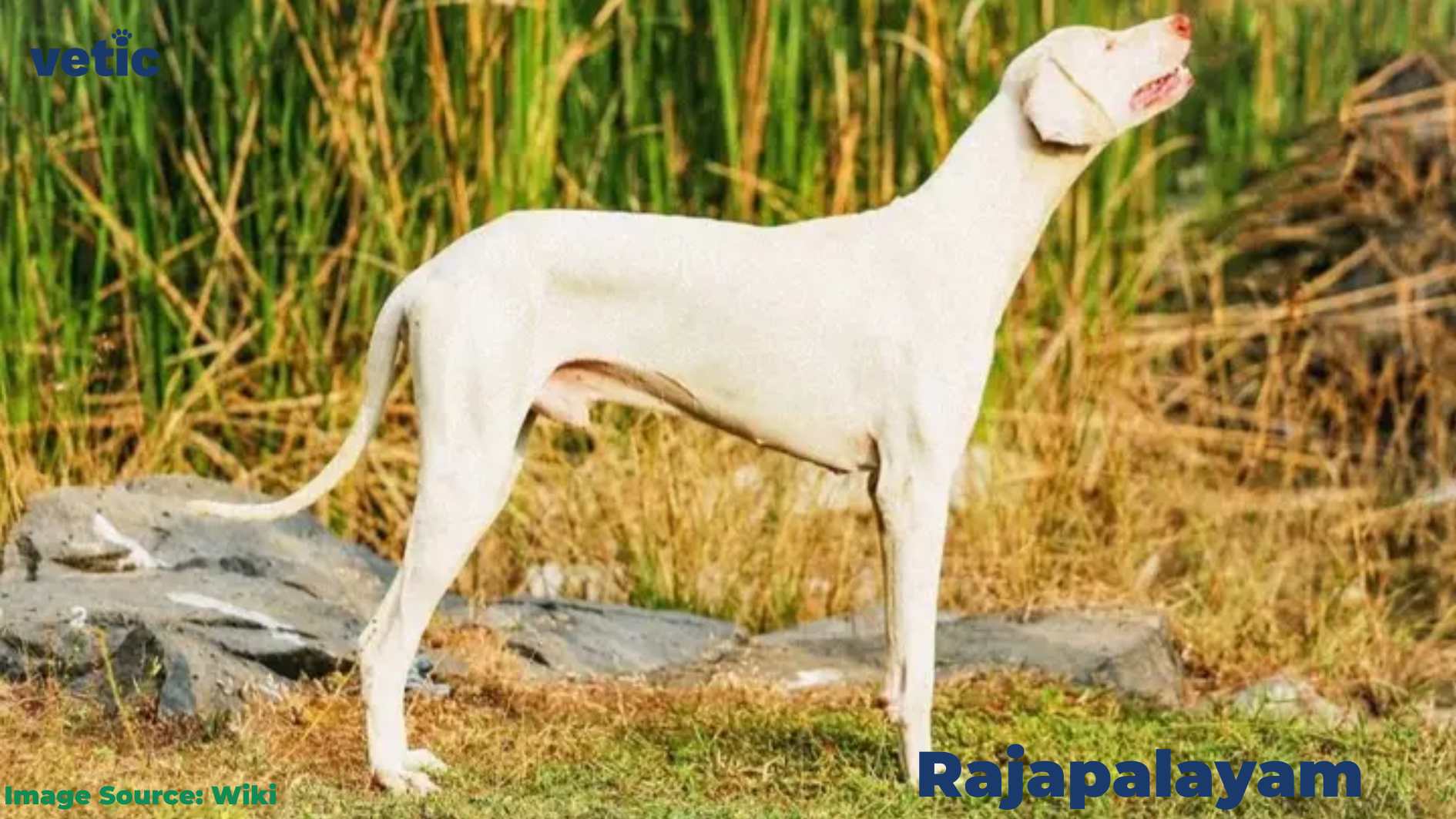
Behavioural Characteristics: The Rajapalayam is a dignified and aloof breed, known for its loyalty and protective nature. They are excellent guard dogs and have a strong prey drive.
Health Issues: They can be prone to deafness and skin issues, especially in hot and humid climates.
Training and Activity Needs: Regular exercise is essential to keep them fit. Early socialisation and consistent training are important to manage their independent nature. Ideal heat-tolerant dog breed for the Indian summers.
4. Kombai
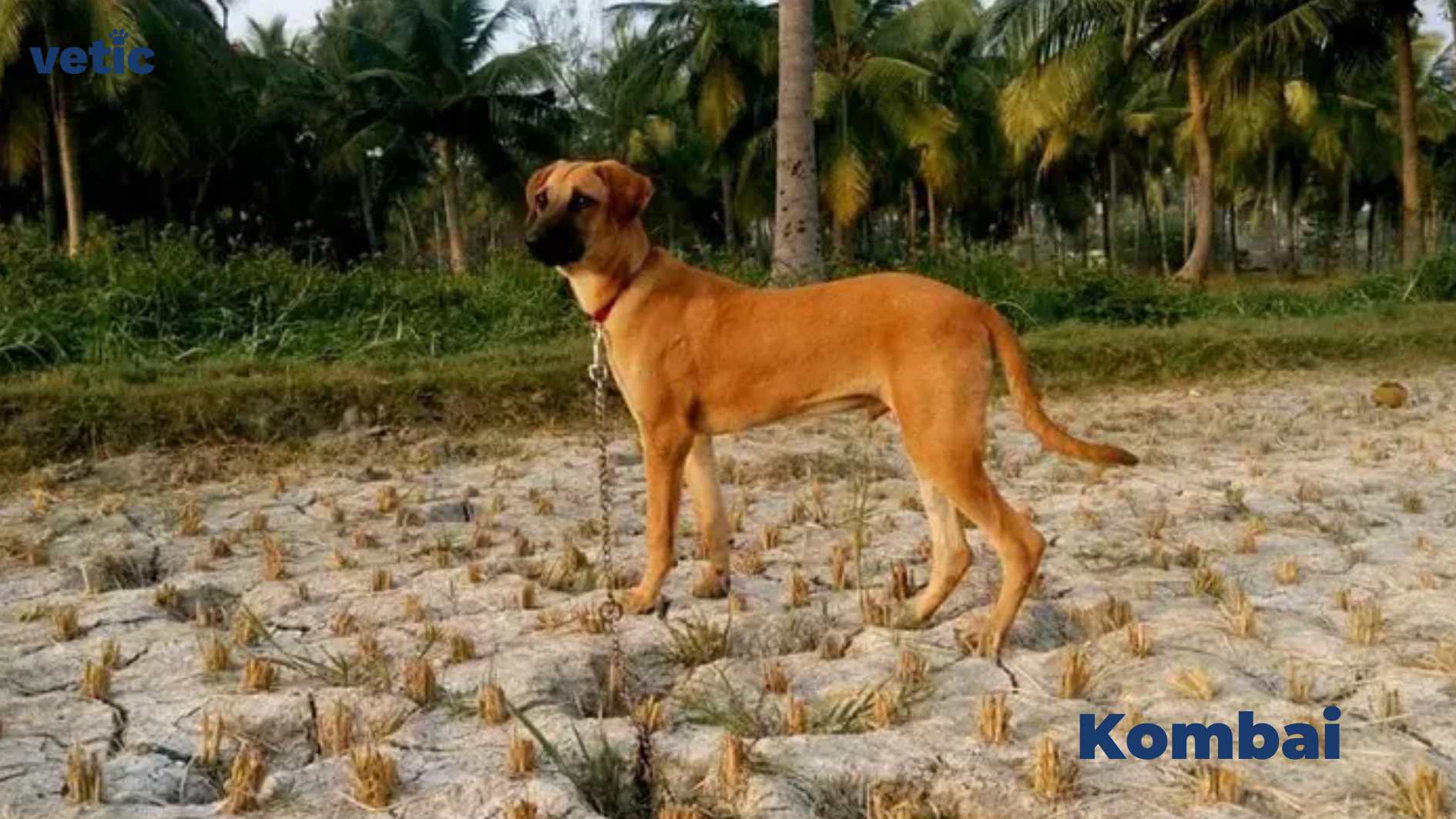
Behavioural Characteristics: Kombais are fearless and loyal, making them excellent guard dogs. They are known for their protective instincts and are very affectionate towards their family.
Health Issues: This breed is generally healthy, but like other native breeds, they can be prone to tick infestations and skin issues.
Training and Activity Needs: Kombais require regular physical activity and mental stimulation. Early training and socialisation are crucial to managing their protective nature. Very suitable for high-temperature and humidity. This heat-tolerant dog breed has been a native of the subcontinent for hundreds of years.
5. Whippet
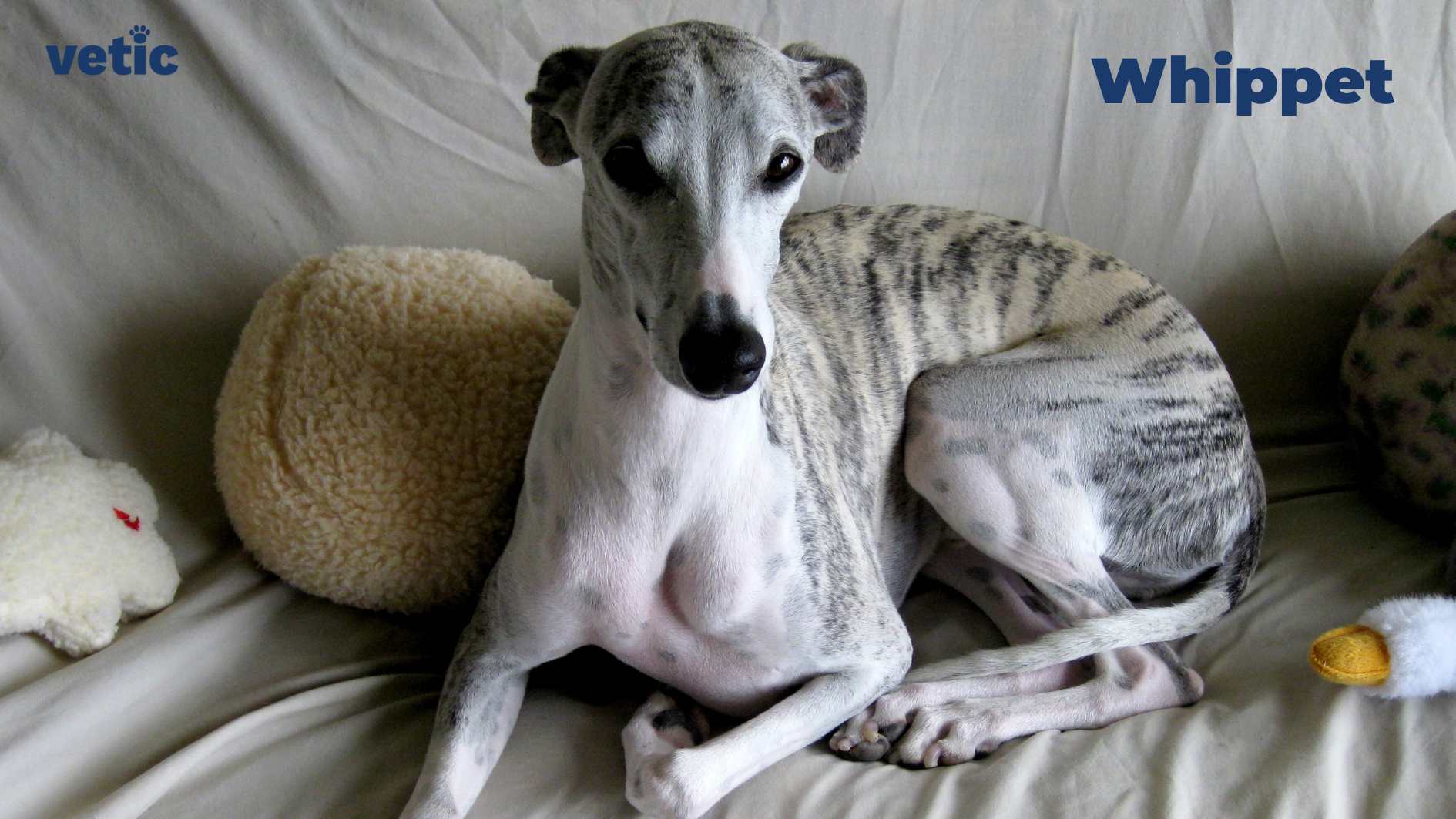
Behavioural Characteristics: Whippets are gentle, affectionate, and enjoy lounging around the house. They are known for their calm demeanour and are great with children.
Health Issues: Whippets are generally healthy but can be prone to genetic conditions like heart disease and eye issues.
Training and Activity Needs: Despite their relaxed nature, Whippets need regular exercise to prevent boredom. They are easy to train and respond well to positive reinforcement.
6. Afghan Hound
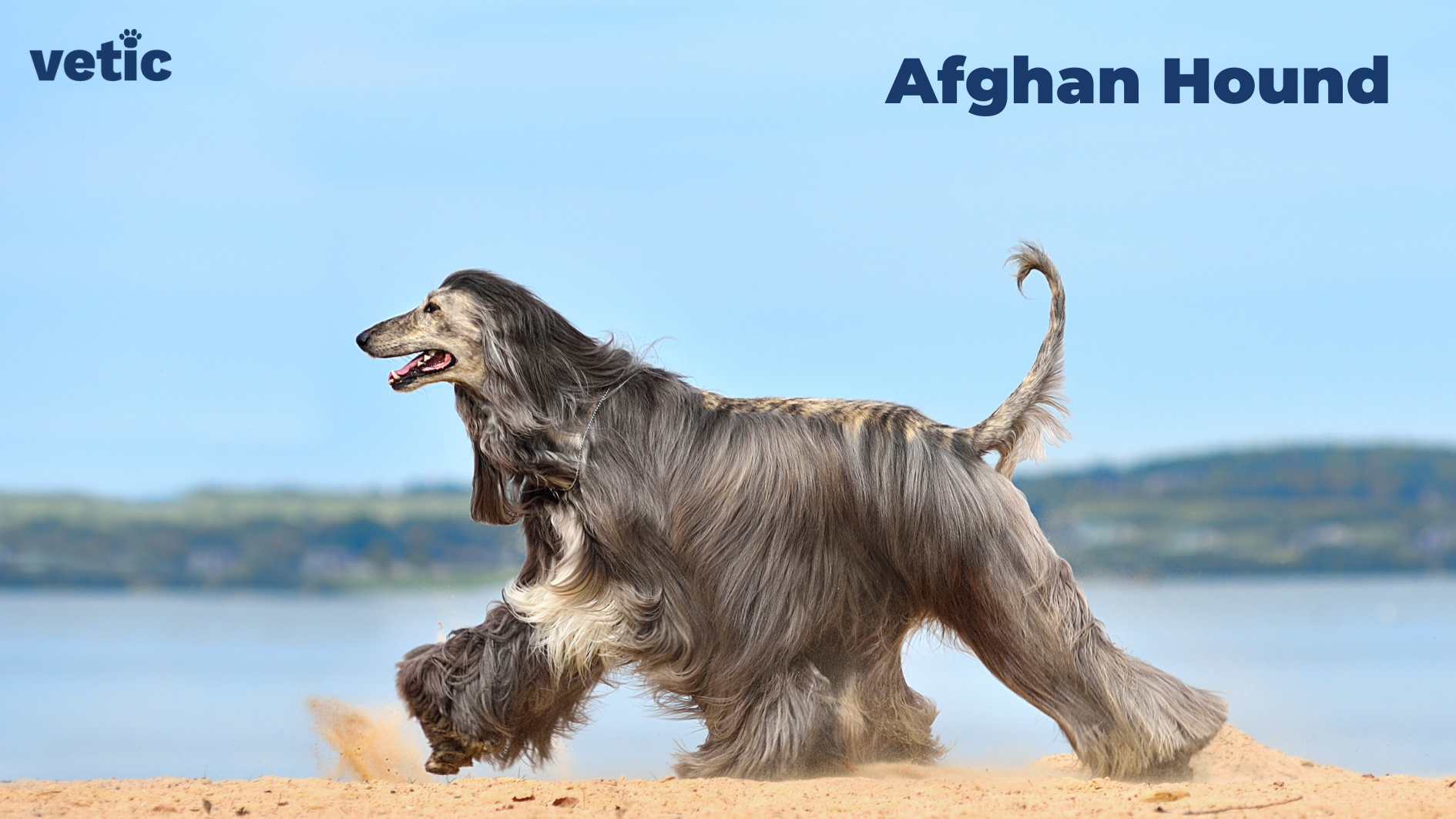
Behavioural Characteristics: Afghan Hounds are known for their independent and aloof nature. They are elegant and have a strong prey drive, which means they can be a bit reserved around strangers.
Health Issues: They are prone to hip dysplasia and eye problems. Their long coat requires regular grooming, especially in hot weather to avoid matting and skin issues.
Training and Activity Needs: Afghans need regular exercise to keep them fit and happy. Training can be a challenge due to their independent streak, so a patient approach is necessary. Considering their origin, the Afghan Hounds are considered a heat-tolerant dog breed that can live healthily and happily in the less humid areas of India.
7. Saluki
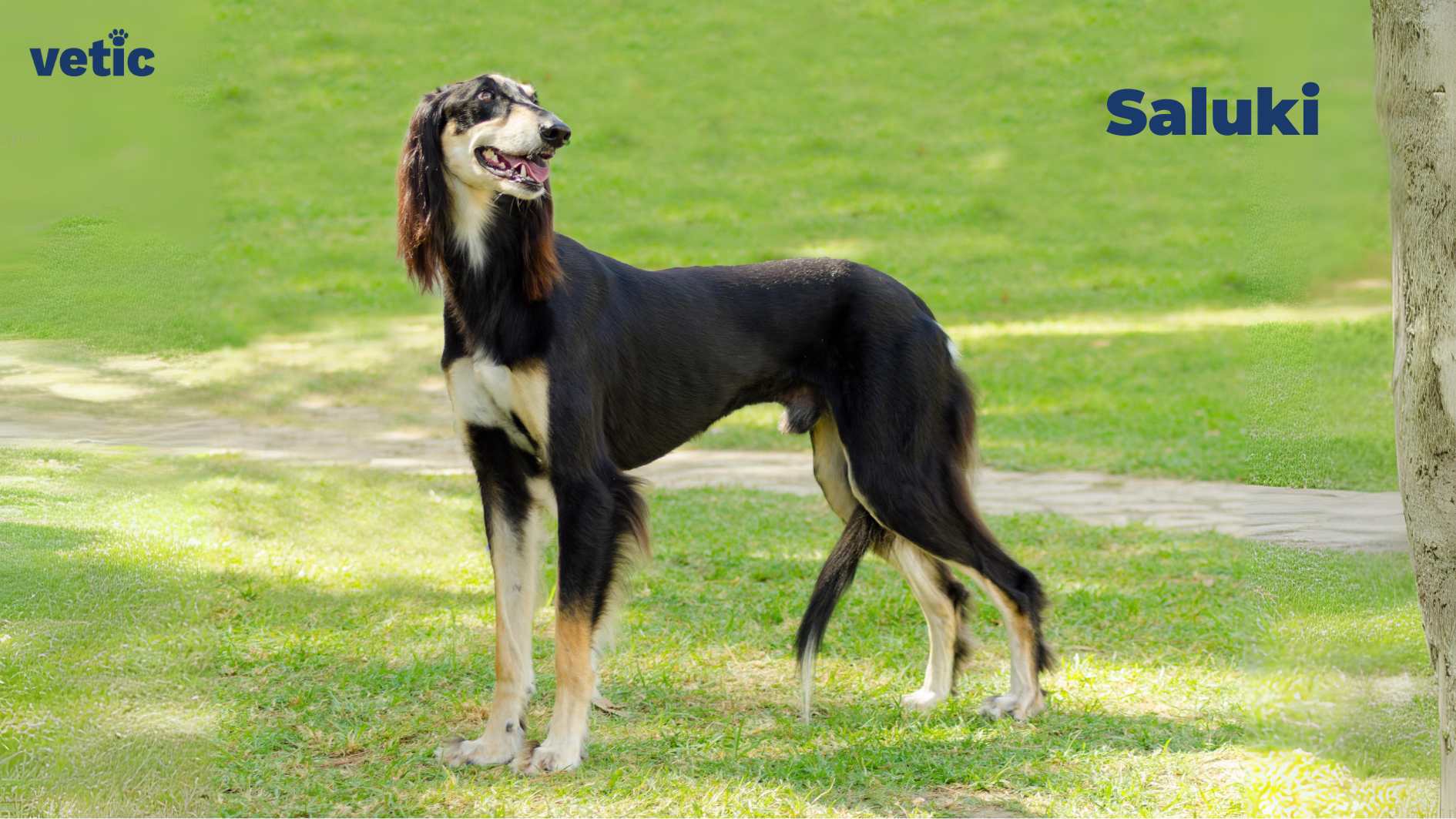
Behavioural Characteristics: The Saluki is a gentle, affectionate, and loyal breed. They are calm indoors but have a high prey drive and need space to run.
Health Issues: Salukis are generally healthy but can suffer from heart issues and hip dysplasia. They are also sensitive to anaesthesia.
Training and Activity Needs: Salukis require daily exercise and enjoy running. They are intelligent but can be stubborn, so consistent training is key. This heat-tolerant dog breed can reach peak health and performance in high temperatures and humidity. Their flowing coat provides them comfort in dire summers.
8. Chihuahua

Behavioural Characteristics: Chihuahuas are alert, lively, and often bond closely with their owners. They may be small in size but have a big personality, often being quite vocal.
Health Issues: Common health issues include dental problems, patellar luxation, and heart issues. Due to their small size, they are more prone to injuries.
Training and Activity Needs: Chihuahuas are relatively easy to train but can be a bit stubborn. They need moderate exercise and enjoy short walks. As long as you are not over-exerting your tiny furbaby, this heat-tolerant breed is ideal for the small apartments and busy lifestyle.
9. Rampur Greyhound
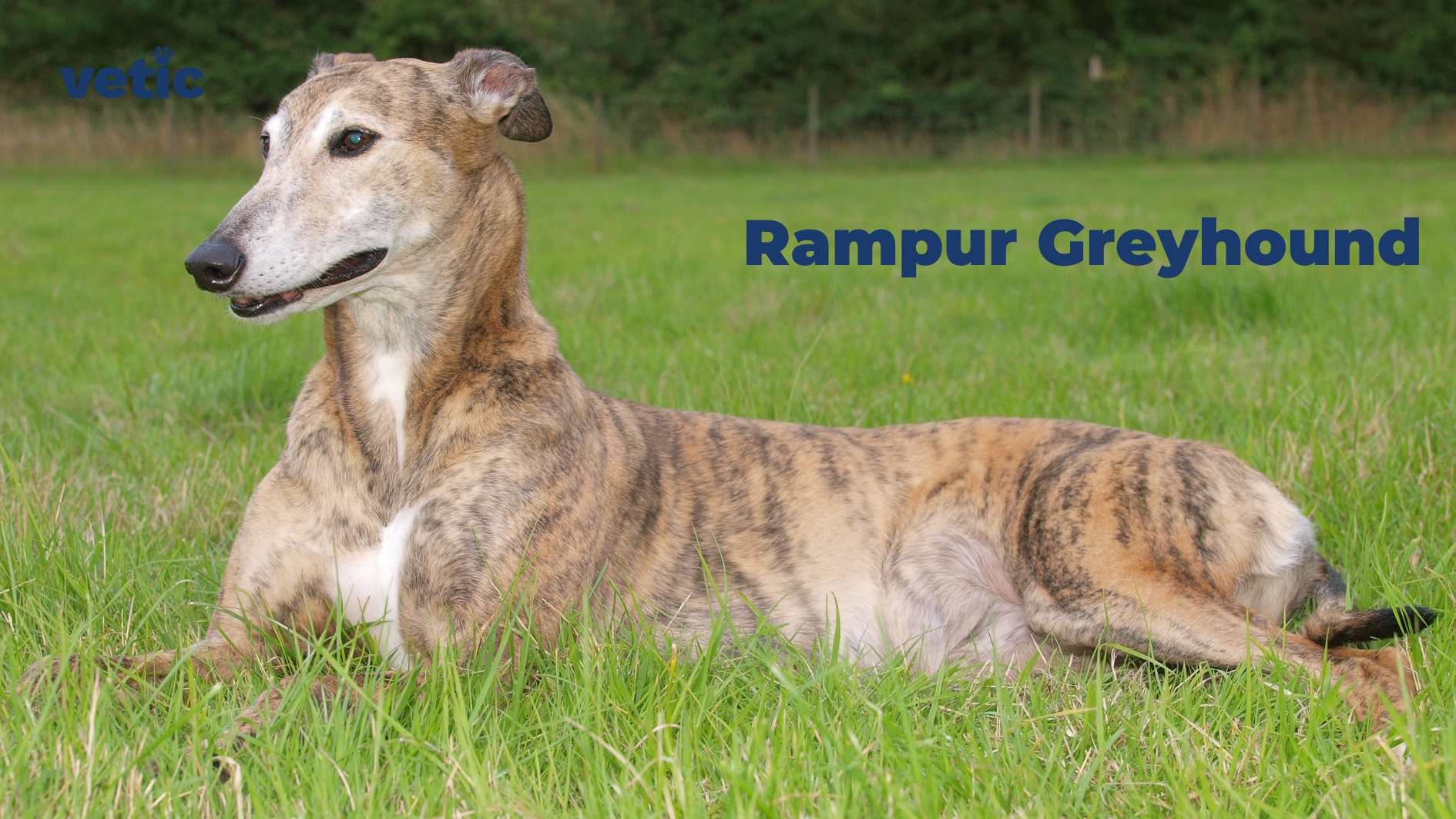
Behavioural Characteristics: Rampur Greyhounds are known for their speed and stamina. They are calm and affectionate with their family but can be aloof with strangers.
Health Issues: Generally healthy, they can be prone to bloat and hip dysplasia. Regular vet check-ups are essential. Being a native breed of central Indian regions, the Rampur Hound is a heat-tolerant breed suited not prone to dehydration or heat strokes.
Training and Activity Needs: This breed requires plenty of exercise and enjoys running. Training should be consistent and positive to manage their independent nature.
10. Greyhound
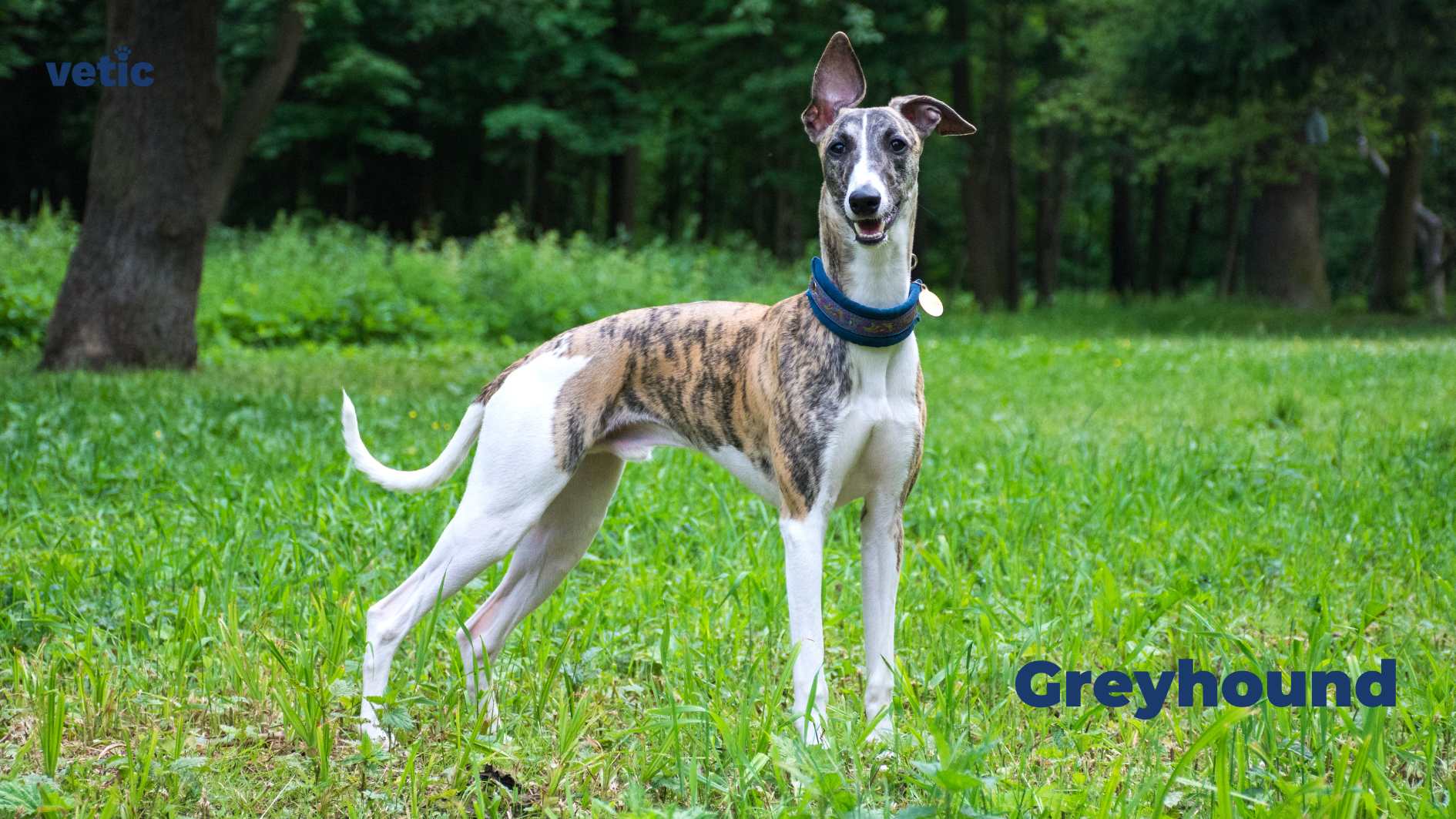
Behavioural Characteristics: Greyhounds are gentle, friendly, and known for their calm temperament. They are often referred to as “couch potatoes” due to their love for lounging.
Health Issues: Common issues include bloat and hip dysplasia. Greyhounds also have sensitive skin and may develop sores if not provided with soft bedding.
Training and Activity Needs: While they are sprinters, Greyhounds don’t require excessive exercise. Regular, moderate activity and gentle training are ideal for them.
11. Australian Cattle Dog
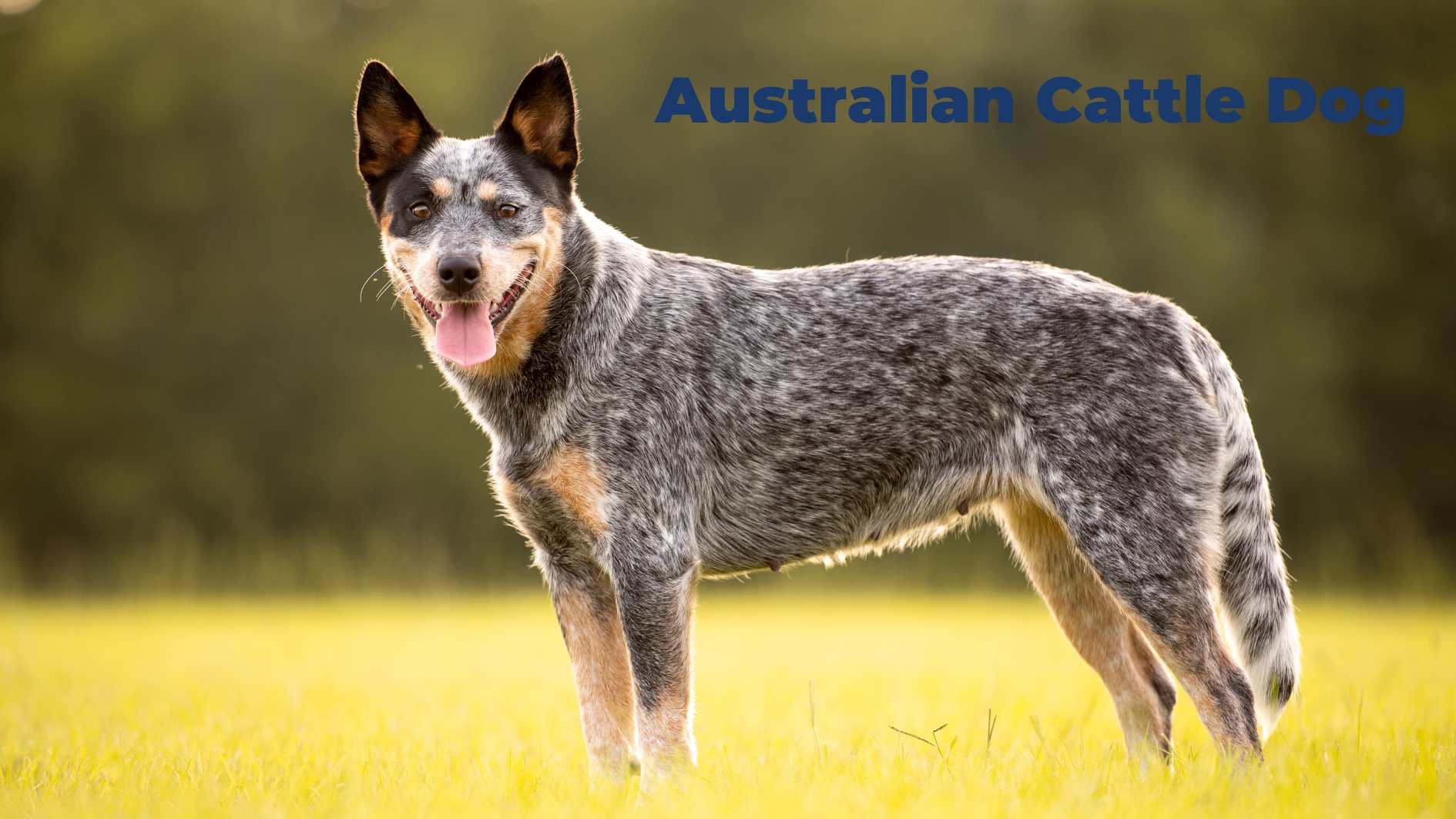
Behavioural Characteristics: Australian Cattle Dogs are intelligent, alert, and extremely energetic. They are loyal and protective, making them excellent working dogs.
Health Issues: This breed can be prone to deafness, hip dysplasia, and progressive retinal atrophy. Regular health screenings are recommended.
Training and Activity Needs: They require vigorous exercise and mental stimulation. Australian Cattle Dogs excel in obedience and agility training.
12. Mexican Hairless Dog (Xoloitzcuintli)
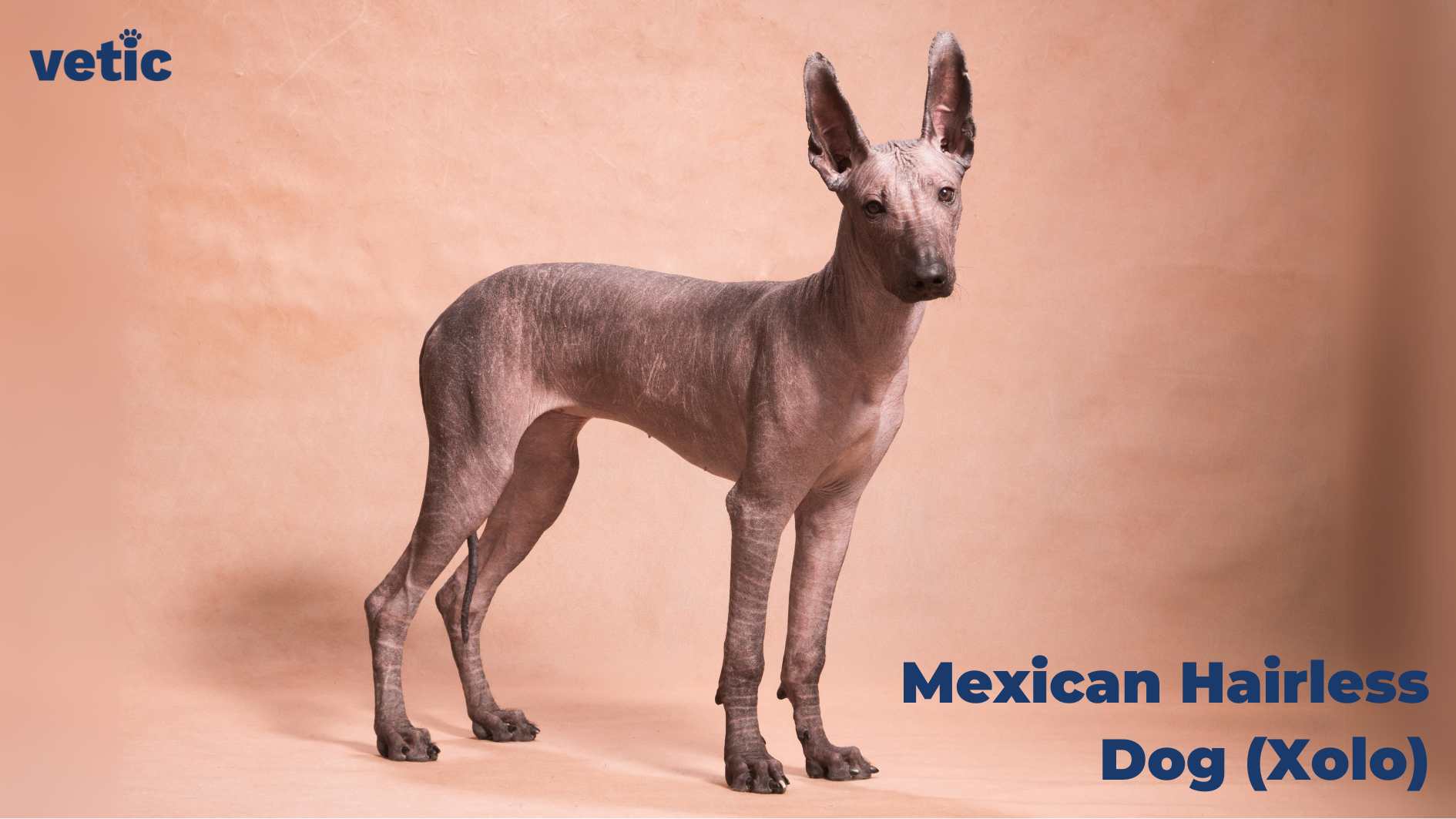
Behavioural Characteristics: The Mexican Hairless Dog, or Xolo, is known for its calm, affectionate, and loyal nature. They are good with children and make excellent family pets.
Health Issues: Due to their lack of fur, they are prone to skin issues, including sunburn. They may also suffer from dental problems. However, their natural heat tolerance makes them well-suited for the most humid or arid regions of India.
Training and Activity Needs: Xolos are relatively low-maintenance when it comes to exercise, needing moderate daily activity. They are intelligent and respond well to training.
13. Border Collie
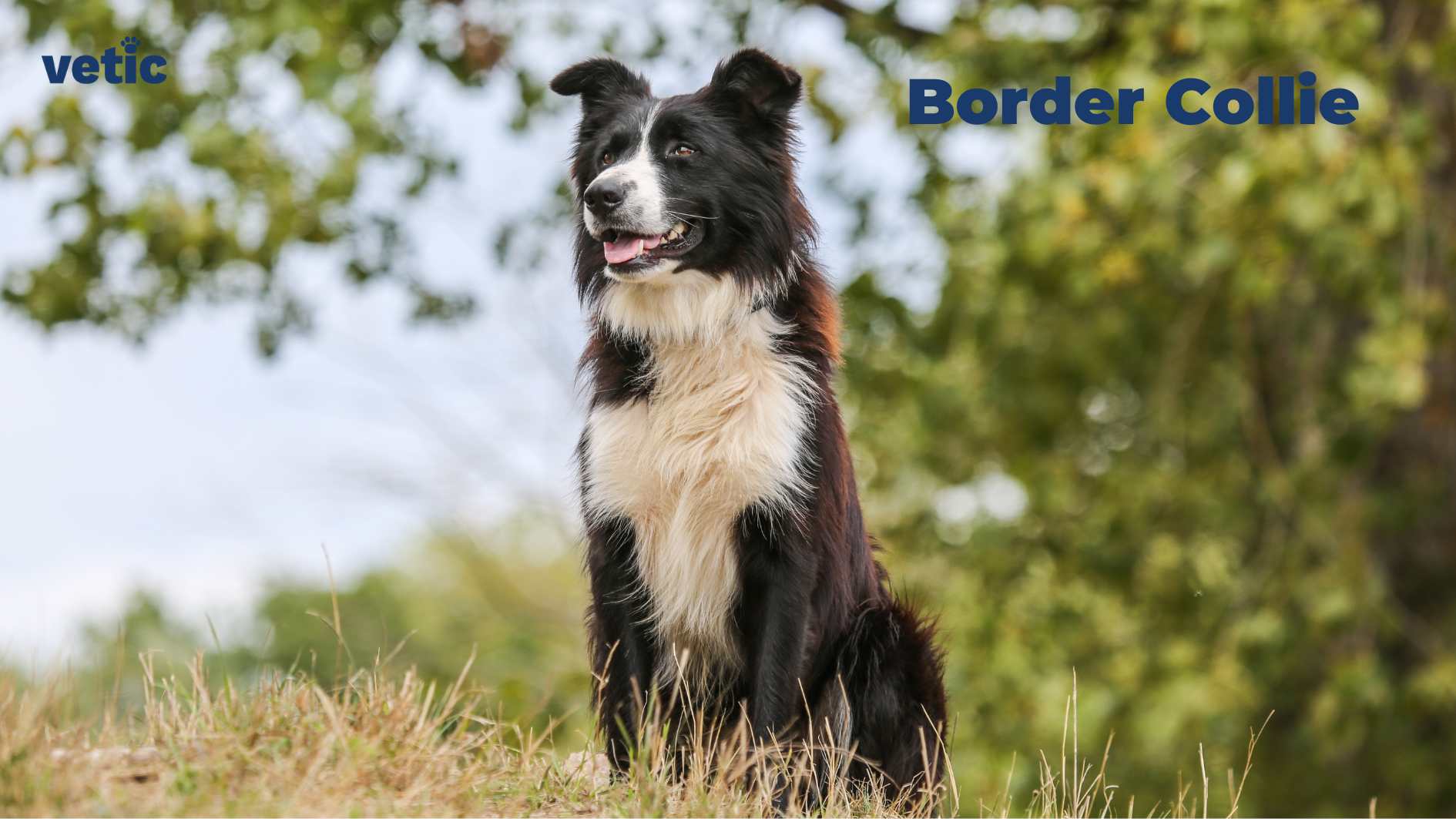
Behavioural Characteristics: Border Collies are known for their intelligence and herding instincts. They are energetic, alert, and need a job to stay happy.
Health Issues: Common health issues include hip dysplasia, epilepsy, and eye problems. Regular health screenings are important.
Training and Activity Needs: They require a lot of physical and mental exercise. Border Collies excel in obedience, agility, and herding activities.
14. Doberman Pinscher
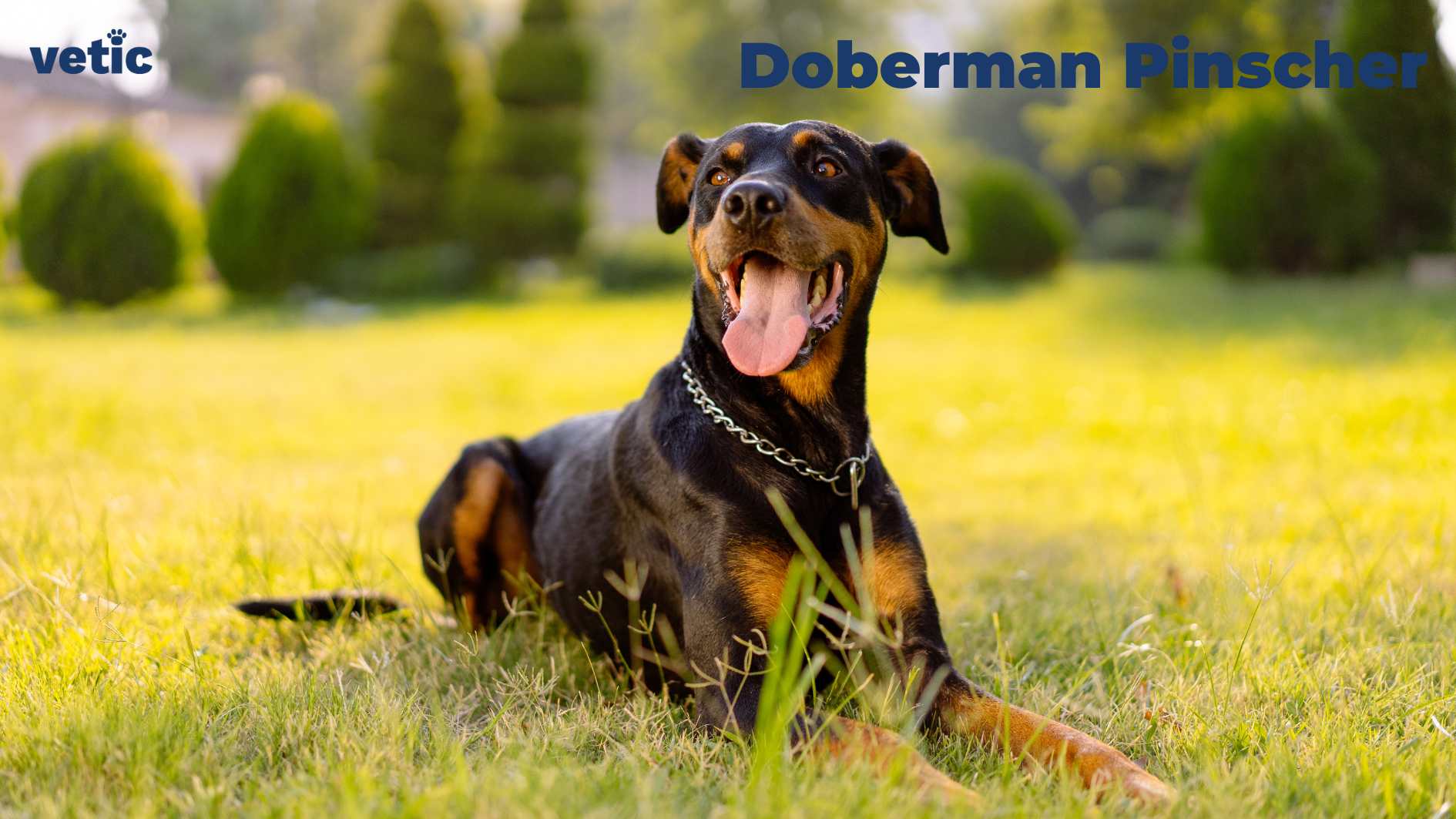
Behavioural Characteristics: Dobermans are loyal, intelligent, and protective, making them excellent guard dogs. They are also known for their affectionate nature towards their family.
Health Issues: This breed can be prone to heart issues, hip dysplasia, and von Willebrand’s disease. Regular vet check-ups are essential.
Training and Activity Needs: Dobermans need regular exercise and mental stimulation. They are easy to train but require a firm and consistent hand.
15. Dalmatian
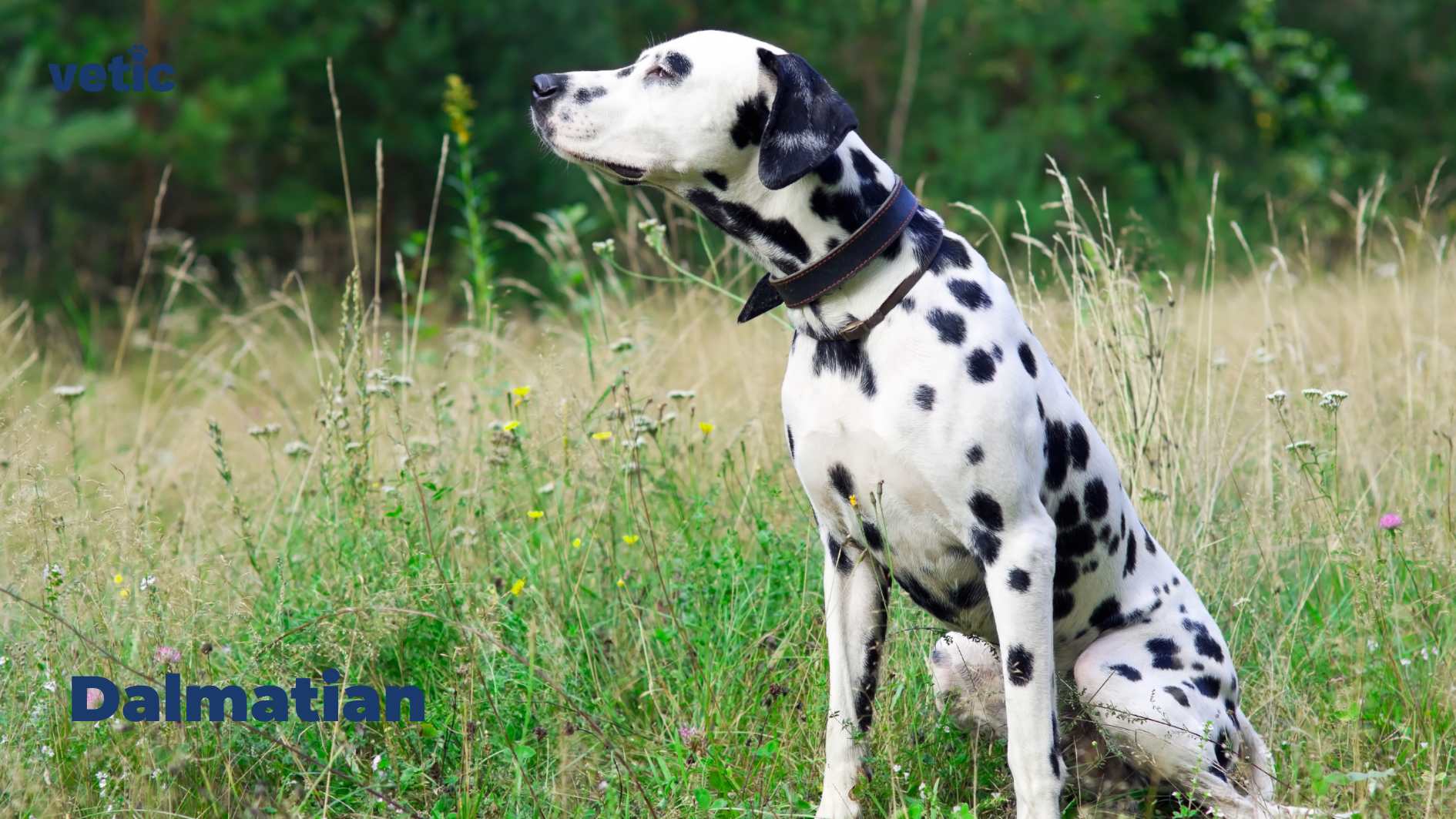
Behavioural Characteristics: Dalmatians are energetic, playful, and love being the centre of attention. They are known for their endurance and stamina.
Health Issues: Common issues include deafness and urinary stones. Regular vet visits and a proper diet are crucial.
Training and Activity Needs: Dalmatians require plenty of exercise and enjoy activities like running and agility training. They are intelligent but can be stubborn, so consistent training is necessary.
Conclusion
Choosing the right dog breed is more than just about appearance and temperament; it’s about ensuring the well-being of your pet in the environment where they’ll live. The breeds listed above are well-suited for the Indian climate, providing a range of options for potential dog parents. When selecting a breed, consider their health needs, exercise requirements, and how well they can adapt to the heat. A well-informed choice will lead to a happier, healthier pet and a more fulfilling companionship.
